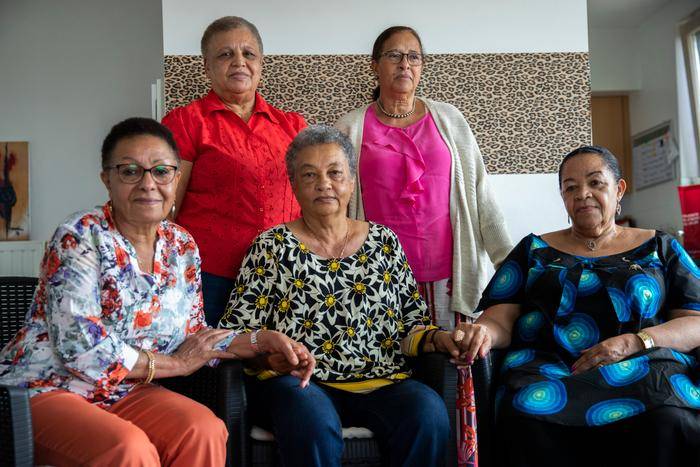Belgium Confronts Dark Past: Court Rules State Committed Crimes Against Humanity in Congo Colonization
In a landmark ruling, a Belgian court has condemned the Belgian state for crimes against humanity committed during its colonization of the Congo. The court's decision marks a significant milestone in Belgium's ongoing reckoning with its colonial past and its treatment of the Congolese people.
Belgium's colonization of the Congo began in the late 19th century and lasted until 1960. During this period, the Belgian colonial authorities subjected the Congolese people to forced labor, mass killings, and other forms of brutal exploitation. The most notorious example of this brutality was the regime of King Leopold II, who ruled the Congo Free State as his personal property from 1885 to 1908.
King Leopold's regime was marked by unimaginable brutality, with estimates suggesting that up to 10 million Congolese people died as a result of forced labor, mass killings, and other forms of exploitation. The king's agents used various methods to extract rubber and other valuable resources from the Congo, including cutting off the hands of those who failed to meet their quotas.
The Belgian court's ruling is the result of a lawsuit filed by the Congolese Association, a group representing the interests of Congolese people living in Belgium. The lawsuit accused the Belgian state of crimes against humanity, including forced labor, mass killings, and other forms of brutal exploitation.
In its ruling, the court found that the Belgian state had indeed committed crimes against humanity during its colonization of the Congo. The court also ruled that the Belgian state had a moral obligation to provide reparations to the victims of its colonial policies.
The court's ruling has been welcomed by many in the Congolese community, who see it as a long-overdue acknowledgment of the suffering inflicted upon their ancestors. However, others have expressed disappointment that the ruling did not go far enough, with some calling for more substantial reparations and a fuller acknowledgment of the Belgian state's culpability.
The Belgian government has issued a statement acknowledging the court's ruling and expressing its "deep regret" for the suffering inflicted upon the Congolese people during the colonial era. However, the government has stopped short of offering substantial reparations or a fuller acknowledgment of its culpability.
The Belgian court's ruling marks a significant milestone in Belgium's ongoing reckoning with its colonial past. While the ruling is a welcome acknowledgment of the suffering inflicted upon the Congolese people, it is clear that much work remains to be done to fully address the legacy of colonialism and to provide meaningful reparations to the victims of Belgian colonial policies.
Belgian Court Rules on Crimes Against Humanity_: A Belgian court has condemned the Belgian state for crimes against humanity committed during its colonization of the Congo.
Background on Belgian Colonization of Congo_: Belgium's colonization of the Congo began in the late 19th century and lasted until 1960, during which time the Congolese people were subjected to forced labor, mass killings, and other forms of brutal exploitation.
King Leopold's Regime of Terror_: King Leopold's regime was marked by unimaginable brutality, with estimates suggesting that up to 10 million Congolese people died as a result of forced labor, mass killings, and other forms of exploitation.
Reactions to the Ruling_: The court's ruling has been welcomed by many in the Congolese community, who see it as a long-overdue acknowledgment of the suffering inflicted upon their ancestors.



No comments yet
Be the first to share your thoughts!